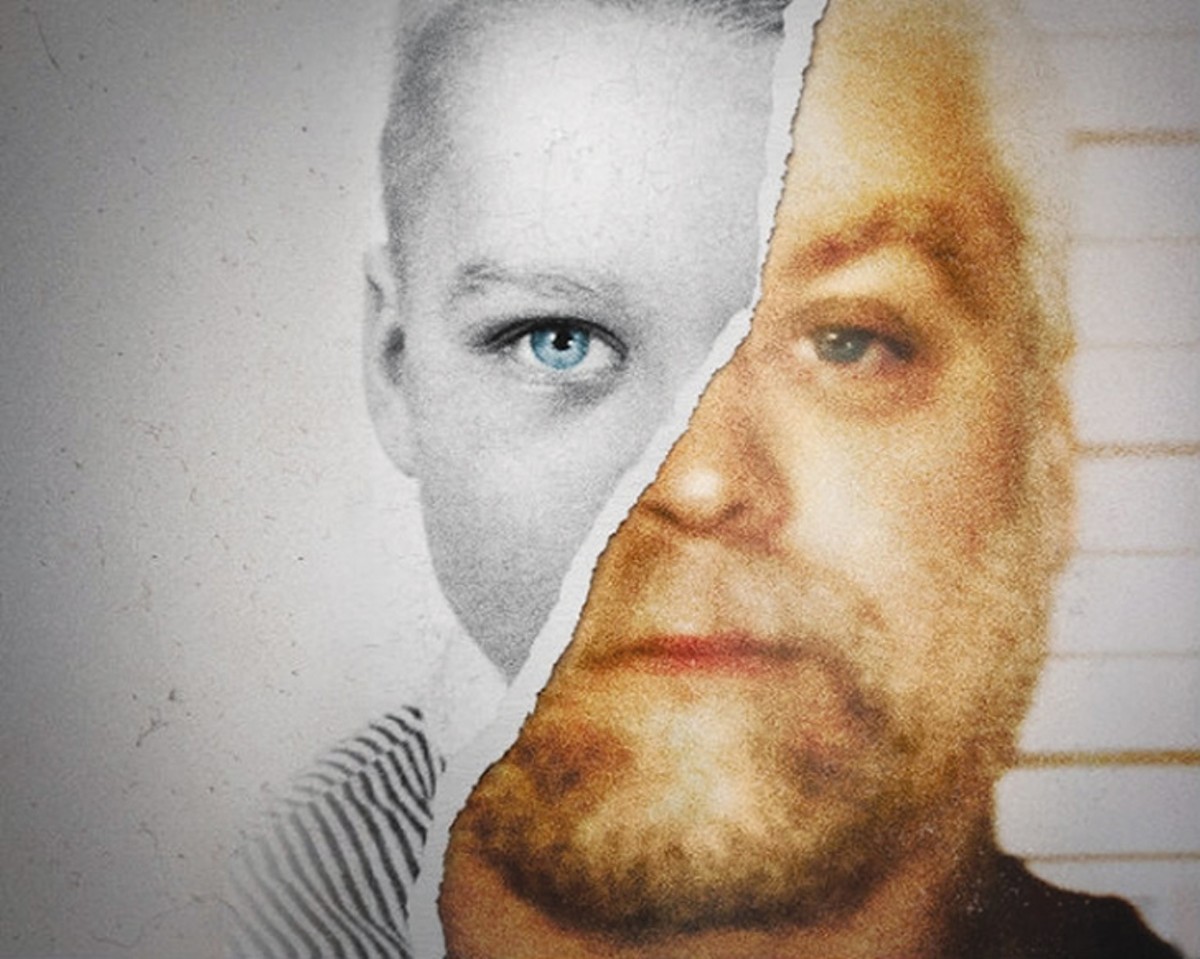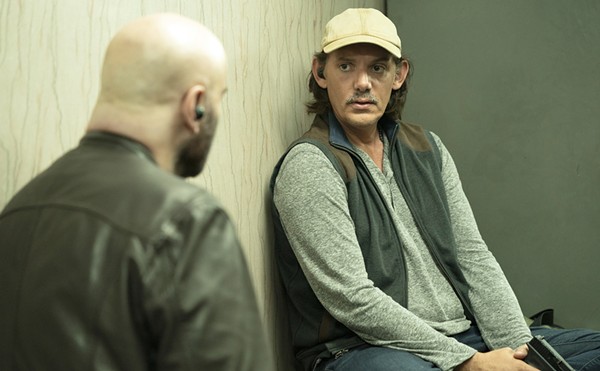As an increasingly voyeuristic public, we cotton to movies or serials that appeal to our sense of outrage at an injustice; we get all worked up over the despicable behavior of the exaggerated antagonists and then rejoice as our wronged hero rises to victory.
This is one of the predicaments of the modern film. Our sense of inequity is incited and we believe we have to, and do, set our egos aside, we overcome our lust for vengeance to defeat the enemy on a higher philosophical plane. We even grow uncomfortable with the ongoing pain of the antagonist, becoming more righteous than they, overcoming their lack of morality, pitying their shamefulness. This is the predominant narrative that drives our foreign policy and dictates much of our shared and propagated exceptionalism, as well as our cinema.
Interestingly, there is a growing number of films and series that are for the next-level observer – someone who deems themselves above this plateau of surface-level reactionary. A more frustrating framework wherein the guilty or innocent party never gets their deserved comeuppance. Think Serial, The Jinx or Netflix's Making a Murderer.
Making a Murderer follows the trial of Steven Avery, a Wisconsin man who has just been released from prison after serving 18 years for a crime from which newly evaluated DNA evidence exonerates him. He returns to the modest existence he knew: working in the family salvage yard located on a plot of land that is home to several family members, a group that much of Manitowoc County's population holds as inbred, immoral and lesser-than on all levels.
Avery begins a case against the county, suing them for $36 million for his wrongful imprisonment. This is the reason, according to directors Laura Ricciardi and Moira Demos, for the resulting attempt to incriminate Avery, the man who incriminated Manitowoc's entire justice system.
The first episode of the 10-part series documents the climate surrounding the original trial, the belief that due to Avery's spotty upbringing and "one-limb" family tree he his inherently guilty. However, things get really interesting when upon his release from prison he finds himself on trial once more for the rape, mutilation and murder of a local woman, Teresa Halbach, the crime that will serve as Avery's just desserts for making the county eat crow.
Episodes 2 through 10 take us on a ride of potentially planted evidence, shoddy police work, contradictory confessions and renunciations by Avery's developmentally disabled nephew, Brendan Dassey. In several interviews with investigators Dassey states that he was present and took part in the crimes against Halbach under the tutelage of Avery. He goes on to tell his mother in recorded phone calls from prison that the investigators "got into [his] head" and that he and Avery are innocent.
There's far too much speculation, evidence and editing for me to be convinced one way or the other whether Avery is innocent or guilty. As the series increases in popularity there is growing interest in Avery and Dassey's cases, to the point that a change.org petition has gathered over 300,000 signatures calling for Avery's release.
As of Wednesday, January 6, a 2009 filing from Avery has surfaced stating that he suspects his two brothers of killing Halbach. They, like Avery, have extensive rap sheets that include threatening a relative with a firearm, attempted rape, sexual assault and cruelty to animals. If you want to do the research, there is a burgeoning source of info available online for or against Avery's innocence.
However, all of this speculation further enforces our sense of objectivity and implements our beliefs that we can ascertain the innocence or guilt of an individual via media conjecture, that we ourselves are above prejudice, whether against a hillbilly in rural Wisconsin or a system that often locks up innocent citizens. That is the evolving essence of modern American media — entertainment in which to frame our ideologies, to shield us from the underlying truth. The truth that we, often, don't know jack shit.















